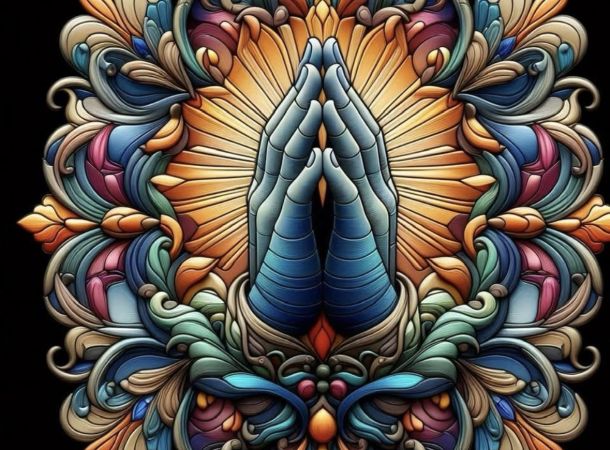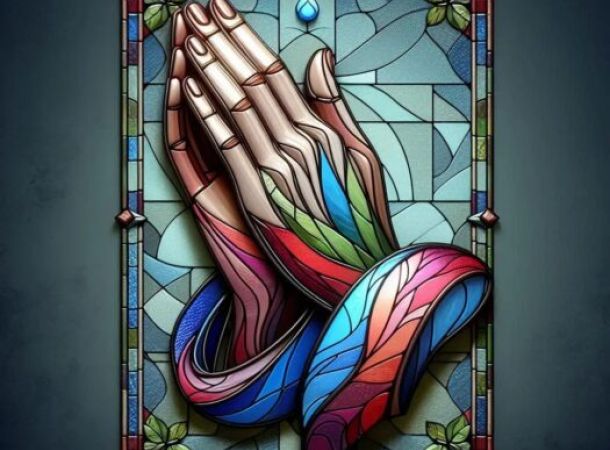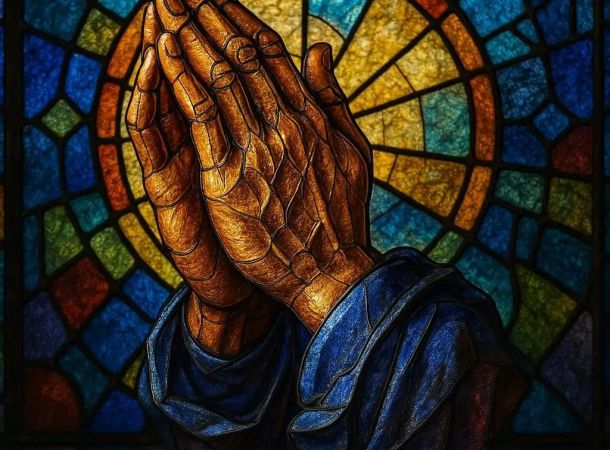Devils, Demons, and Darkness, Oh My! Part Two
Richard Horsley is a leading Bible scholar on the book of Mark, and in his book, Hearing The Whole Story: The Politics of Plot in Mark’s Gospel, he describes the main story in the synoptic gospels of a “demoniac” as an ironic play on the effects of Roman oppression. When wicked rulers oppress their subjects, they become hopeless, and many begin to act like the animals those in power treat them like. Doing justice is not abusing your power over others.
Isaiah 1:17: Learn to do good; Seek justice, rebuke the oppressor; Defend the fatherless, plead for the widow.
Ezekiel 22:29: The people of the land have used oppressions, committed robbery, and mistreated the poor and needy; and they wrongfully oppress the stranger.
The Romans were violent, and many people suffered at their hands. Was this man naked due to injustice where he was left poor and unclothed? There is a commandment in Deuteronomy 24:13 to restore a garment to a poor man as a righteous act. This man lived amongst the dead in a graveyard, excluded from community and connection, and he was not in his right mind. All of these behaviors could stem from oppression. When I read this story, I see a man manifesting trauma. All trauma stems from an abuse of power, whether it is sexual abuse, taking advantage of the weak and vulnerable, or physical abuse. In our recent Torah Portions, Pharaoh and his people oppressed the Israelites just like the Romans in the first century did, causing God to judge them.
Exodus 1:12: But the more they afflicted (oppressed) them, the more they multiplied and grew. And they were in dread of the children of Israel.
Exodus 3:9: Now therefore, behold, the cry of the children of Israel has come to Me, and I have also seen the oppression with which the Egyptians oppress them.
Horsley describes the man identified as “Legion” in Mark chapter five in an entirely new way. He explains this particular gospel as a message of hope to the marginalized communities of Israel. Yeshua did justice whenever He released someone from the consequences of oppression and restored them to internal order.
Isaiah 58:6: “Is this not the fast that I have chosen: To lose the bonds of wickedness, to undo the heavy burdens, to let the oppressed go free, and that you break every yoke?”
Luke 4:18-19: “The Ruach Adonai is on me because He has anointed me to proclaim Good News to the poor. He has sent me to proclaim release to the captives and recovery of sight to the blind, to set free the oppressed, and to proclaim the year of Adonai’s favor.”
Here is how Horsley defines the unique wording of this narrative. When Yeshua asks the man for his name, it is as if Yeshua is asking what has caused him to be this way. “Legion” is a Latin term for a division of Roman troops, the numbers of which historians argue are between 3000 and 6000 men. According to Horsley, Legion would have been a strong word recognition to the hearing audience of the Gederasene, where Legions of the Roman army “would more than once have attacked their villages unmercifully, burning their houses, slaughtering or enslaving the people, plundering their goods, either in their own or nearby areas.” Yeshua “dismisses” the legion to enter the “herd” of swine. The first-century citizens used “herd” of swine to refer to a “troop of military recruits.” The Waltons, authors of Demons and Spirits in Biblical Theology: Reading the Biblical Text in Its Cultural and Literary Context, also mention how the 10th legion of a Roman military unit was sometimes stationed in Palestine and had a boar (pig) as its emblem (Waltons, p. 236). Horsley continues to explain, ” ‘dismissed’ is a military command given to the troop by the officer in command.” Then, the Scriptures describe a herd of swine “charging” into the sea to be drowned. Charging is another military term that suggests “troops rushing headlong into battle” (Horsley, chapter 5).
There are two things the Hebrew Scriptures describe as being cast into the sea. Iniquity describes those internal powers of sin that enslave and cause an internal disorder. The second thing thrown into the sea is Pharaoh and his minions. Pharaoh is symbolic of external chaos caused by oppression. Pharaoh is a principality (corrupt ruler), and most rulers have the power to affect our freedom. The BLB defines “powers” as the power of choice or liberty of doing as one pleases. Pilate tries to exert his power in his conversation with Yeshua, proving himself to be a dangerous Biblical duo, a principality and power.
John 19:10: Then Pilate said to Him, “Are You not speaking to me? Do You not know that I have power to crucify You, and power to release You?” (bold accents added)
Micah 7:19: He will again have compassion on us, and will subdue our iniquities. You will cast all our sins into the depths of the sea.
Exodus 15:4: Pharaoh’s chariots and his army He has cast into the sea, his chosen captains also are drowned in the Red Sea.
Yeshua is so humble that He would not bend a bruised reed, meaning He is a righteous King who does not oppress His subjects. The Kingdom of God will be a place of complete freedom without anyone abusing their power. We will sit at Yeshua’s feet in our right minds and clothed with garments of salvation and righteousness.
Mark 5:15: Now they came to Yeshua and saw the madman who had had the legion. He was sitting there, dressed in clothes and in his right mind. The people were scared.
Matthew 12:20: A bruised reed shall he not break, And smoking flax shall he not quench, till he sends forth judgment unto victory.
The message of the Kingdom of God is there will be a safe place where no one will manipulate, take advantage of, or oppress you. The last Adam, Yeshua, will lead you into a Shabbat rest where you will not have to worry about injustice. Yeshua is a hedge of protection around you, even now, from impure motives inside others, from propaganda and mistruth, from the greedy who rise to power by taking advantage of the poor. Psychologists may support a theory that all injustice causes trauma, manifested as what the Ancients may have called demonic behavior. Idolatry, oppression, and a complete dwelling of sin create animalistic behavior or internal chaos, which is why the instructions of God encourage us to avoid these behaviors if we want to be a part of healing the world and not adding to its brokenness.
Micah 6:8: He has shown you, O man, what is good; And what does the Lord require of you but to do justly, to love mercy, and to walk humbly with your God?
Colossians 3:5: Therefore, put to death what is earthly in you—sexual immorality, impurity, lust, evil desire, and greed—for that is idolatry.
James 3:14-15: But if you have bitter jealousy and selfish ambition in your heart, do not boast and lie against the truth. This is not the wisdom that comes down from above, but is earthly, unspiritual, demonic.
2 Thessalonians 3:3 KJV: But the Lord is faithful, who shall stablish you, and keep you from evil.




Leave a Reply